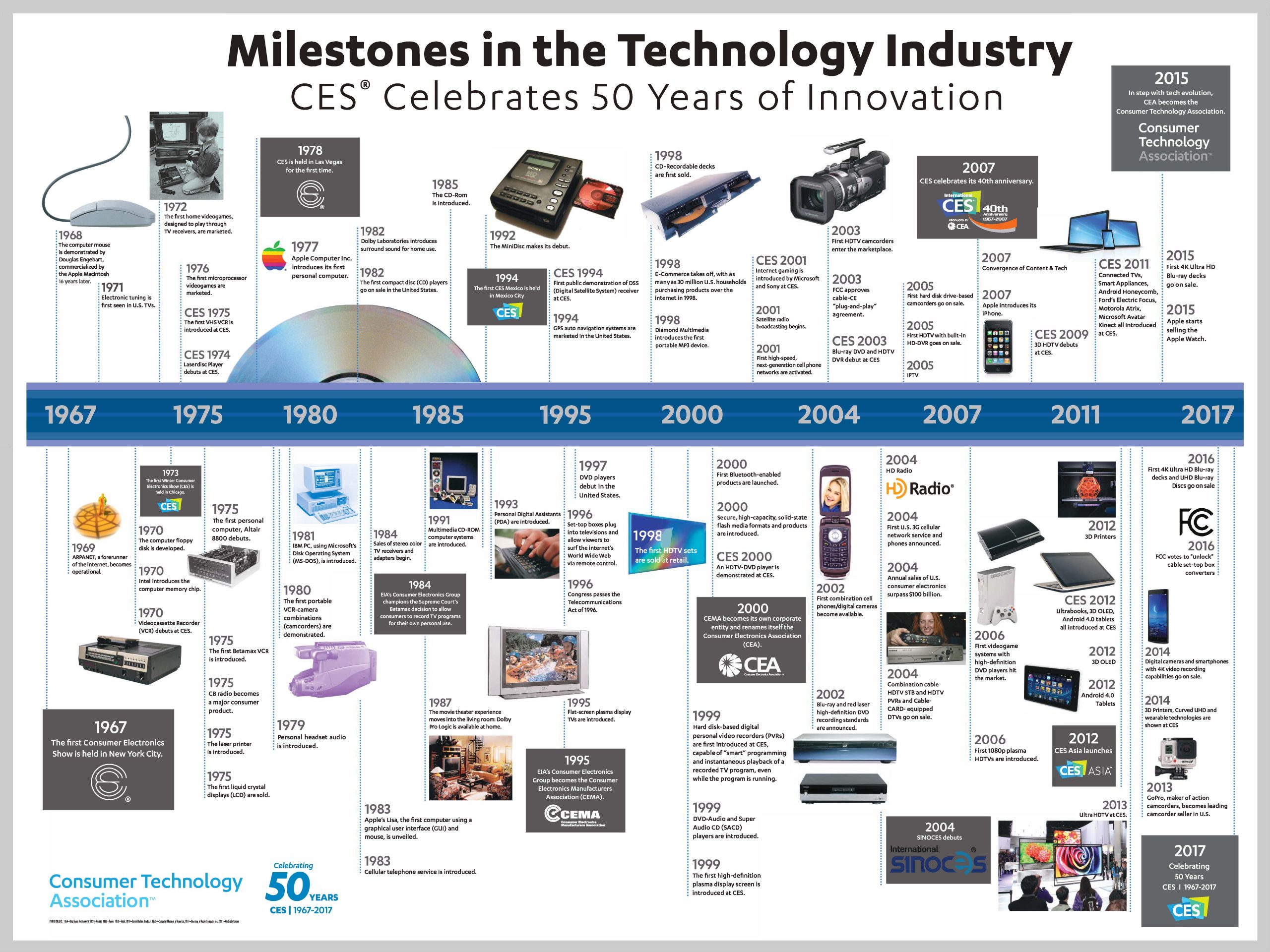How Did Technology Evolve?

The evolution of technology has been one of the most transformative journeys in human history, reshaping societies, economies, and daily lives. From the rudimentary tools of our ancestors to the advanced AI and quantum computing of today, technology has consistently pushed the boundaries of what is possible.
The Industrial Revolution marked a significant turning point, initiating the mechanization of production and the development of steam power. This era saw the invention of the steam engine, spinning jenny, and power loom, which revolutionized textile manufacturing and set the stage for mass production. The late 19th and early 20th centuries witnessed the advent of electricity, telegraphy, and telegraph, leading to unprecedented connectivity and communication capabilities.
As the 20th century progressed, the digital age emerged, driven by the invention of the transistor in 1947. This fundamental component enabled the development of integrated circuits and microprocessors, which formed the backbone of modern computing. The introduction of the personal computer in the 1970s democratized access to technology. During this period, the Internet, conceived in the 1960s as ARPANET, began to expand globally, interconnecting billions of users and creating a vast repository of information.
The turn of the millennium brought about the advent of mobile technology, with smartphones becoming ubiquitous. Devices like the iPhone, launched in 2007, integrated various functionalities into a single device, changing how people communicate, access information, and entertain themselves. The proliferation of smartphones also facilitated the rise of social media platforms, altering social dynamics and enabling real-time global communication.
In recent years, advancements in AI and machine learning have led to significant breakthroughs. AI algorithms are now capable of performing complex tasks, from recognizing speech and images to predictive analytics and autonomous decision-making. Robotics, another burgeoning field, is increasingly being deployed in industries ranging from healthcare to manufacturing, enhancing efficiency and precision.
2025 marks a pivotal year in technological evolution with the advent of quantum computing. Quantum computers leverage the principles of quantum mechanics to process vast amounts of data simultaneously, solving problems that are currently intractable for classical computers. This technology promises to revolutionize fields such as cryptography, materials science, and drug discovery.
Looking ahead, the evolution of technology is poised to continue at an accelerated pace. Innovations in biotechnology, nanotechnology, and renewable energy sources are expected to address some of the world's most pressing challenges, from climate change to healthcare. The integration of these technologies into everyday life will further blur the lines between the physical and digital worlds, creating new opportunities and complexities.
One field that showcases the potential impact is that of healthcare. Over 2020s, health tech startups are becoming successful by helping physicians provide more precise medical interventions. Conversely, applications for unintended uses have no shortages of examples, eg.Warfare, surveillance, and social control.
Healthcare technology has significantly evolved. Before treating a patient, doctors alongside their healthtech AI can now confirm exactly what medical intervention steps are necessary and most effective. This reduces both wasted time and therapy orders that would not be optimally effective. Thus, healthtech is propelling precision medicine from theory to reality. Having better agents have better capability to gather silver-bullet treatments so multiple drug cocktails will become a thing of the past. Heart diseases might be controlled as if they were common sicknesses like the flu, rather than deadly and expensive scourge. Diagnostic tools now have the potential to detect many diseases before the patient is even conscious of it, reducing the treatment burden.
```
0 Response to "How Did Technology Evolve?"
Post a Comment